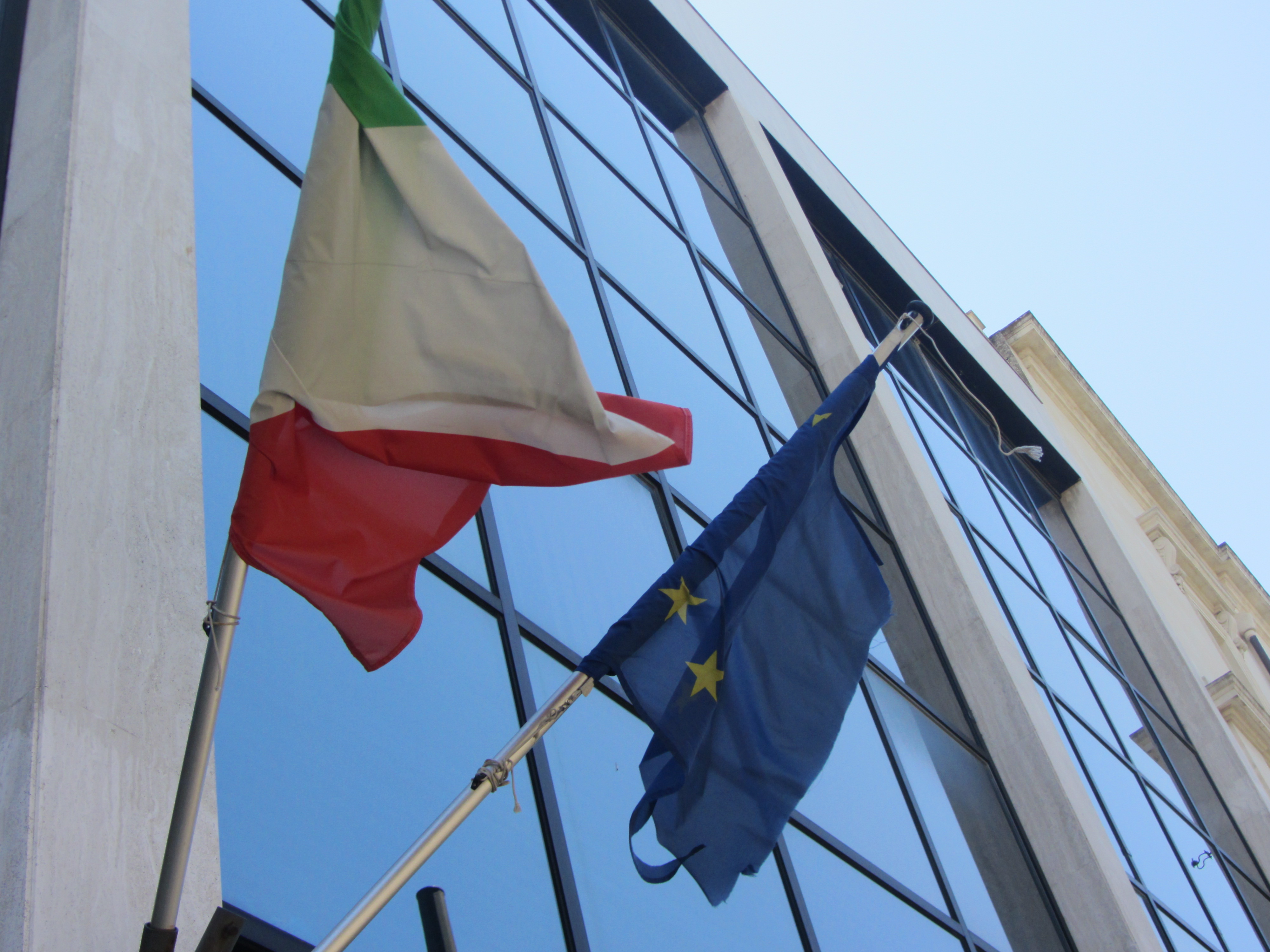As a result of processing 100% of the ballots, the second round received two contenders for the presidency. These are Emmanuelle Macron, won 23.75% of voters, and Marin Le Pen, who collected 21.53%, Le Figaro reports with reference to the data of the French Ministry of Internal Affairs.
This result means that investors may not worry about Frexit in the near future, Marc de Muizon and Mark Wall of Deutsche Bank noted.
"In general, considering how close the results of the first round of voting to the results of the pre-election polls are, and how Le Pen has been constantly losing to Macron in the surveys on the second round throughout the campaign, the market should feel relatively comfortable with the residual risk of the second round on May 7", they wrote, and now "the market can afford to look beyond France".
Political risks remain on the European continent, analysts of the bank said. In their view, the possible elections in Italy later this year may once again raise concerns about the euro area’s collapse.
In December 2016, Italian Prime Minister Matteo Renzi, who headed the ruling Democratic Party, resigned after the failure of the referendum on the proposed constitutional reform.
At the same time, the parliament elected in 2013 was not dissolved, despite the demands of a part of the opposition to hold early elections. The government has been headed by former Foreign Minister and closest associate of Renzi Paolo Gentiloni, who retained the cabinet almost unchanged. However, it is likely that early parliamentary elections can be held in the country.
Over the past couple of years, the populist The Five Star Movement has gained solid ground in Italy. Voting against constitutional reforms in a referendum in December was widely perceived as a populist uprising. This means that elections in the country can become another major event threatening EU stability, analysts of Deutsche Bank warn.
Europe faces a number of important political events, such as June elections in Great Britain, and September elections in Germany. Elections in Italy are be held until next April. It is most likely that this will happen in February, but it is possible that the vote will be held before the end of 2017.
"In our opinion, Italy is the biggest risk of a populist shock that is negative for markets", said the analysts.
There are several months left before the elections in Italy, and attention of European investors will now focus on the ECB. The regulator will gradually phase out the quantitative easing program, and this process is likely to begin at some point in 2017.
"We believe that the next topic will be reflation in the Eurozone and the ECB’s initial steps to leave [the QE]", they wrote. "Macroeconomic data suggests that the curtailment of incentives will begin in the second half of the year."
source: businessinsider.com
This result means that investors may not worry about Frexit in the near future, Marc de Muizon and Mark Wall of Deutsche Bank noted.
"In general, considering how close the results of the first round of voting to the results of the pre-election polls are, and how Le Pen has been constantly losing to Macron in the surveys on the second round throughout the campaign, the market should feel relatively comfortable with the residual risk of the second round on May 7", they wrote, and now "the market can afford to look beyond France".
Political risks remain on the European continent, analysts of the bank said. In their view, the possible elections in Italy later this year may once again raise concerns about the euro area’s collapse.
In December 2016, Italian Prime Minister Matteo Renzi, who headed the ruling Democratic Party, resigned after the failure of the referendum on the proposed constitutional reform.
At the same time, the parliament elected in 2013 was not dissolved, despite the demands of a part of the opposition to hold early elections. The government has been headed by former Foreign Minister and closest associate of Renzi Paolo Gentiloni, who retained the cabinet almost unchanged. However, it is likely that early parliamentary elections can be held in the country.
Over the past couple of years, the populist The Five Star Movement has gained solid ground in Italy. Voting against constitutional reforms in a referendum in December was widely perceived as a populist uprising. This means that elections in the country can become another major event threatening EU stability, analysts of Deutsche Bank warn.
Europe faces a number of important political events, such as June elections in Great Britain, and September elections in Germany. Elections in Italy are be held until next April. It is most likely that this will happen in February, but it is possible that the vote will be held before the end of 2017.
"In our opinion, Italy is the biggest risk of a populist shock that is negative for markets", said the analysts.
There are several months left before the elections in Italy, and attention of European investors will now focus on the ECB. The regulator will gradually phase out the quantitative easing program, and this process is likely to begin at some point in 2017.
"We believe that the next topic will be reflation in the Eurozone and the ECB’s initial steps to leave [the QE]", they wrote. "Macroeconomic data suggests that the curtailment of incentives will begin in the second half of the year."
source: businessinsider.com





